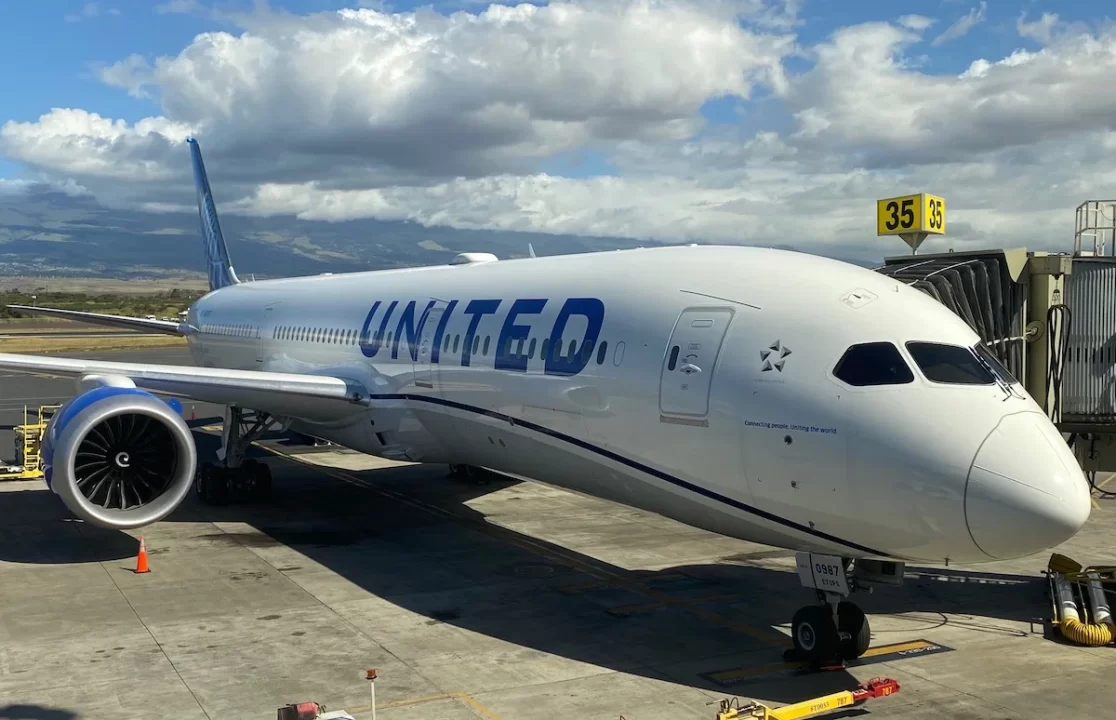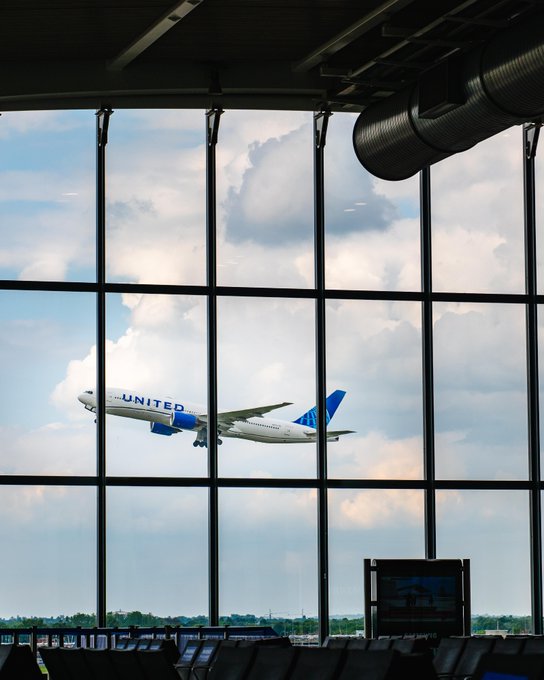United Airlines flight attendants, represented by the Association of Flight Attendants-CWA (AFA), have voted with an overwhelming 99.99% approval for strike authorization, with over 90% of the membership participating. This vote, which took place across various airports with informational pickets, marks the first time since the 2005 bankruptcy negotiations that such a vote has occurred at United. The decision reflects the flight attendants’ demand for significant improvements in their contract, including a substantial double-digit base pay increase, compensation for ground work time, retroactive pay, enhanced schedule flexibility, job security, and better retirement benefits.

The strike authorization comes at a critical time, with Labor Day travel looming, highlighting the potential impact on United’s operations. Ken Diaz, president of the United chapter of AFA, emphasized the readiness of the flight attendants to take action to secure what they believe is a deserved industry-leading contract. He pointed out the disparity between the management’s compensation and the financial struggles of the flight attendants, underscoring a sentiment of inequality.

Despite the authorization, the actual strike cannot commence immediately. The next procedural step involves requesting a release from the National Mediation Board (NMB), which would initiate a 30-day “cooling off” period before any strike could legally begin. This period allows for further negotiations or for the NMB to determine if further talks would be unproductive, after which the strike could be called if no agreement is reached.

This move by United’s flight attendants follows a trend of labor actions within the airline industry, where similar votes at other airlines like American, Alaska, and Southwest have pushed negotiations forward. The situation underscores ongoing tensions between airline labor unions and management over compensation and working conditions, reflecting broader labor dynamics in the U.S. where workers across various sectors are increasingly leveraging collective action for better terms.
